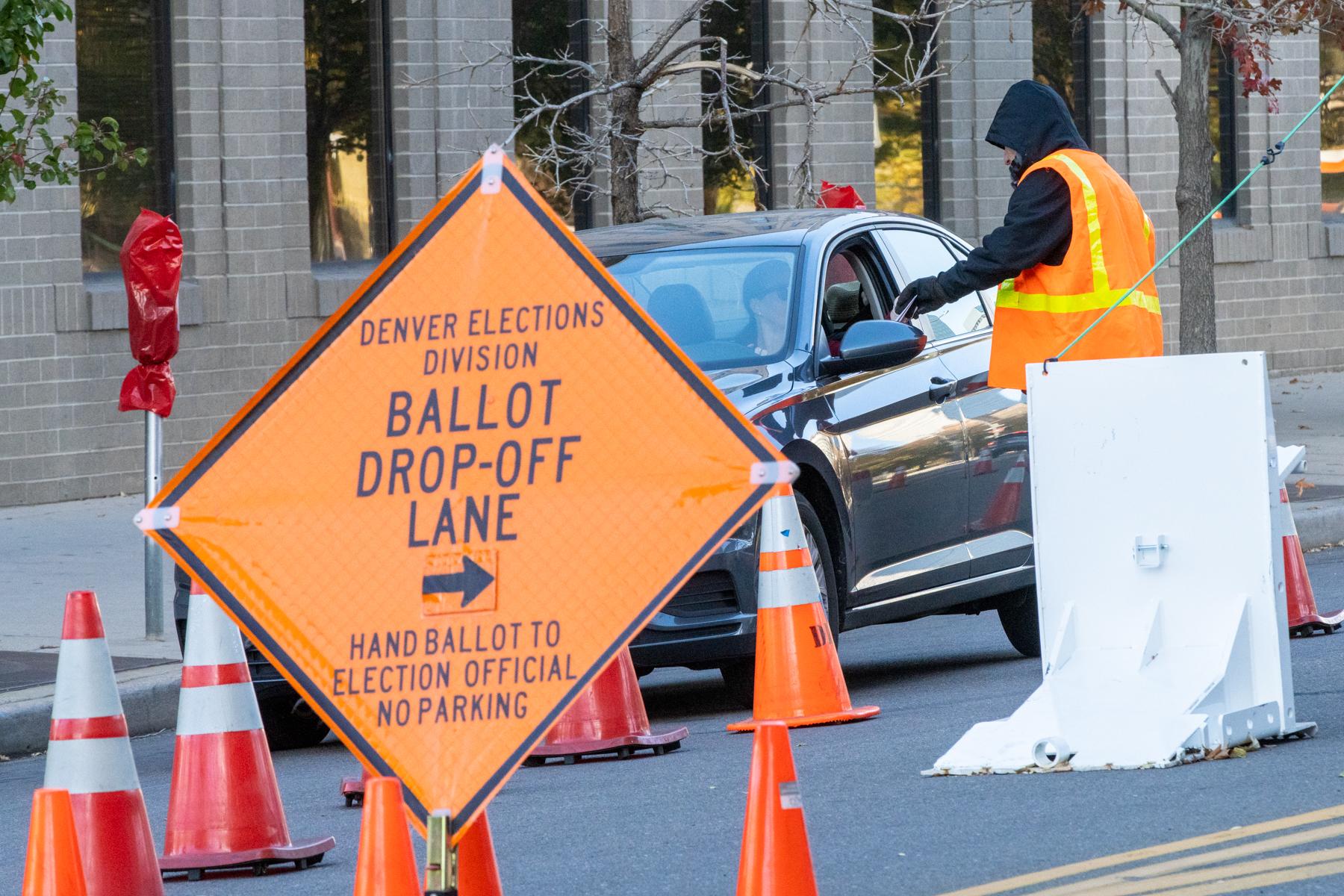Updated 1/4/2023 at 6:34 p.m.
It's the first year of the Fair Elections Fund, a new election program seeking to help candidates with fewer resources run against those with large war chests. But in response to some issues mid-fundraising, City Council unanimously approved last-minute changes to the rules on Tuesday.
The date to qualify for the ballot moved up, from Feb. 13 to Jan. 19.
The city moved up the election from May to April, but didn't change the corresponding timeline for the Fair Elections Fund. This change aligns the qualifying period with the date signed petitions to get on the ballot are due, and no longer overlaps with the debate period.
Candidates using the Fair Elections Fund only need to participate in one debate during the first round, rather than two.
Originally, anyone using the fund needed to participate in two debates during the first round, and one debate during the runoff. But it's been difficult to find hosts for smaller races, and the requirements would have called for over 30 debates in just 15 days, which the Clerk and Recorder's office called "unmanageable."
Candidates can still have more than one debate, but are no longer required to participate in two in the first round.
The changes also clarified language around donation limits and political action committees.
Only one person weighed in on the changes: mayoral candidate, activist and regular council contrarian Jesse Parris. Parris spoke generally about how he was initially optimistic about the Fair Elections Fund, but that he did not think it was well planned.
"It's actually stomping out real grassroots candidates such as myself," he said.
Council unanimously passed the changes Tuesday. Ballots go out on March 13, and the last day to vote will be April 4.
Candidates' opinions on the changes are mixed.
Only one person weighed in on the changes during public comment itself: mayoral candidate, activist and regular council contrarian Jesse Parris. Parris spoke generally about how he was initially optimistic about the Fair Elections Fund, but that he did not think it was well planned.
"It's actually stomping out real grassroots candidates such as myself," he said.
Robert Treta, who just entered the race for mayor, felt similarly. Because he entered the race in late December, Treta is worried about the date change for qualification to the ballot and how it will affect more grassroots candidates. Plus, he thinks there should be more debates.
"This puts us at an extreme disadvantage," he said. "I wouldn't be surprised if a few candidates drop out just because of this."
Ean Tafoya was one of the first candidates to enter the race for mayor, so he's less worried about the date change. But he was frustrated candidates were not notified individually about the public hearing and vote -- which could explain why Parris was the sole voice at the public hearing.
"I would expect a higher level of outreach to people who are impacted by changes," Tafoya said.
He would also have liked to see extra debates and thinks the city did not try hard enough to find partners to organize them.
"Debating is the best way for community members to be able to see the differences between people beyond what their websites are," Tafoya said. "I come from the arts and events industry, and there are strong solutions through partnership for this than just to say 'it's too hard.'"
Owen Perkins helped lead the effort to establish the Fair Elections Fund. He said he is not surprised that it may take a few election cycles to iron out issues. But, Perkins admits, changes mid-cycle are not ideal.
"I think it's a refreshing group of candidates, I think it seems like a more diverse group of candidates, more representative of the whole city," he said. "I do hear from a lot of people who say they wouldn't be running without the Fair Elections Act."
Council unanimously passed the changes Tuesday. Ballots go out on March 13, and the last day to vote will be April 4.













